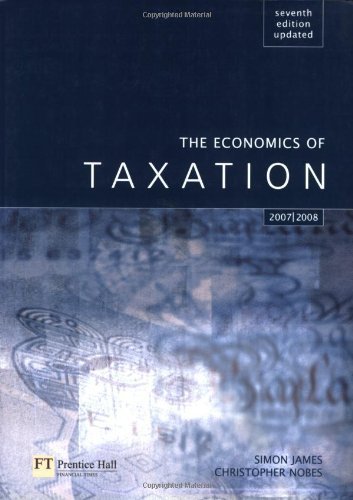
To equalize to the utility sacrifice caused by taxes, poor people should pay less and wealthier should pay more. This means that if equal nominal taxes were charged, it will cause unfairly high utility sacrifice for a poor person than for a wealthier person. The marginal utility per Dollar for a poor person also falls however, it is still much higher than that of a wealthier person. In other words, the value of a dollar for a wealthy person reduces as they spend more. The amount of money available to wealthier people far exceeds their basic necessities and since an average consumer acts rationally, wealthier people derive less and less additional satisfaction (marginal utility) from an additional Dollar spent.

Arguments in FavorĪrguments in favor of ability-to-pay principle are: Examples include most personal and corporate income taxes and property taxes.

low percentage on lower income/wealth and high percentage on higher income or wealth, are according to ability-to-pay principle. same percentage on income and wealth or progressively i.e. ExamplesĪny taxes that result in higher tax being charged on high income or wealth, either proportionally i.e.

Therefore, a person having high income and wealth should be taxed more and less tax should be levied on those having low income and wealth provided other things remain constant. Ability-to-Pay principle is principle of taxation which asserts that the amount of tax levied on an economic entity should be directly proportional to the ability of the entity to pay taxes.


 0 kommentar(er)
0 kommentar(er)
